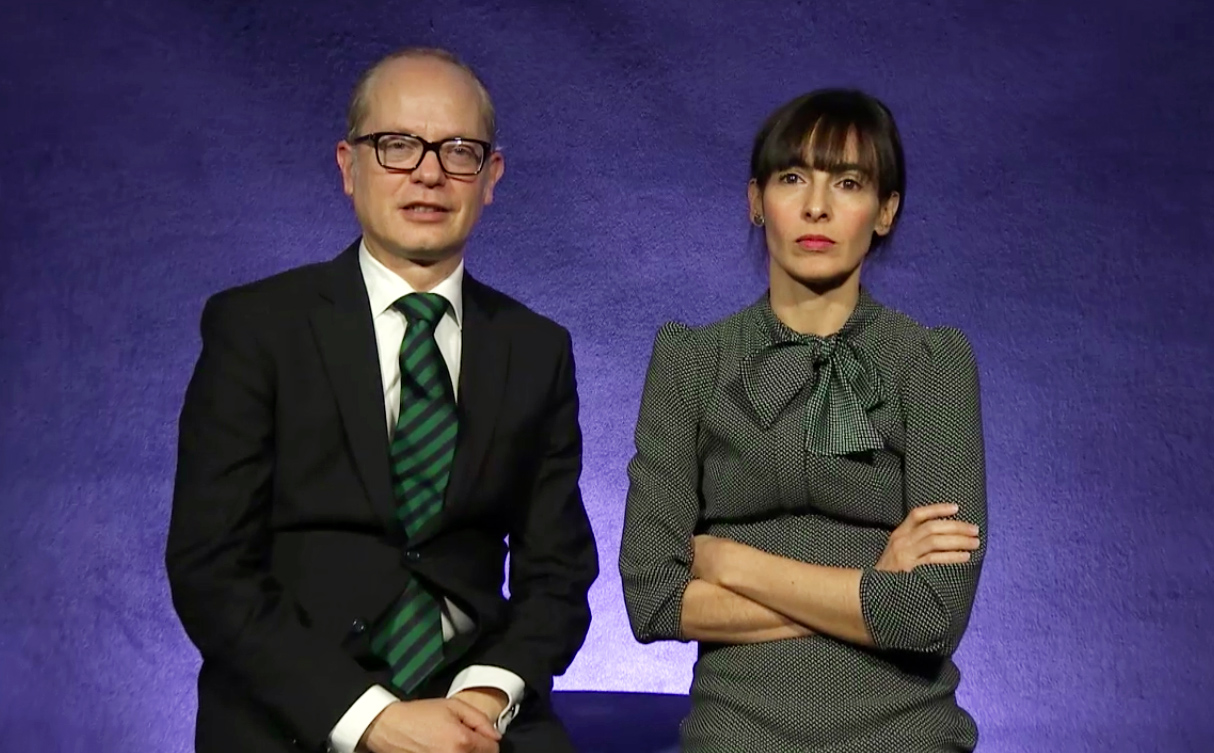The 19th Annual SCIC-Universities Conference took place in Brussels on 26th and 27th March 2015 on the theme “(Re-)Making connections”. The world of Interpreting is evolving and all of us, universities and institutional employers alike, must adapt to new circumstances and user requirements by blending the use of new technologies with more traditional ways of teaching.
We should aim to be at the forefront of changes in the educational approach, ensuring quality of content and accessibility so that our students have the opportunity to become successful professionals.
In this context, the second phase of our SCICtrain Project, which is available to the public after the Conference, is launched for the following purpose: to make SCIC’s knowledge and expertise available to interpreting students via a method that is used more frequently nowadays – video-clips. Let’s remind ourselves what SCICtrain is about. It started in March 2014 as a virtual video library to provide students and others interested in a career in interpreting with practical examples of conference interpreting. We wanted to give a clear and simple explanation of the full extent of the intellectual process at work when interpreting, without concealing the complexity and demanding requirements of the job. SCICtrain is part of our SCICcloud Project – a virtual store of information on our Virtual Classes and other e-learning material, such as the Speech Repository and Podcasts. We have also included a collection of videos on how to prepare for meetings with documents, “booth manners”, myths about tests, the pleasure of interpreting and other such subjects. These have been incorporated into the different sections/shelves of our virtual library.

Javier Hernandez Saseta, Head of unit “Multilingualism and interpreter training support”, DG SCIC, European Commission and Lourdes De Rioja.
In addition, as we wanted this platform to be multilingual, amongstthe new series of video clips, which are between 5 and 20 minutes long, we included interpretation demonstrations (both consecutive and simultaneous) into more languages (i.e. French, German, Italian and Spanish) as well as ones illustrating retour (from Latvian and Polish into English).
Cooperation with our ACI colleague, Lourdes de Rioja, on the first phase of SCICtrain has been extremely fruitful. We have continued to work together on the second phase in order to produce something new, while keeping the same format and principles which our users have been so positive about.
Javier Hernandez Saseta, Head of unit “Multilingualism and interpreter training support”, DG INTERPRETATION, SCIC, EUROPEAN COMMISSION.
0
Responses